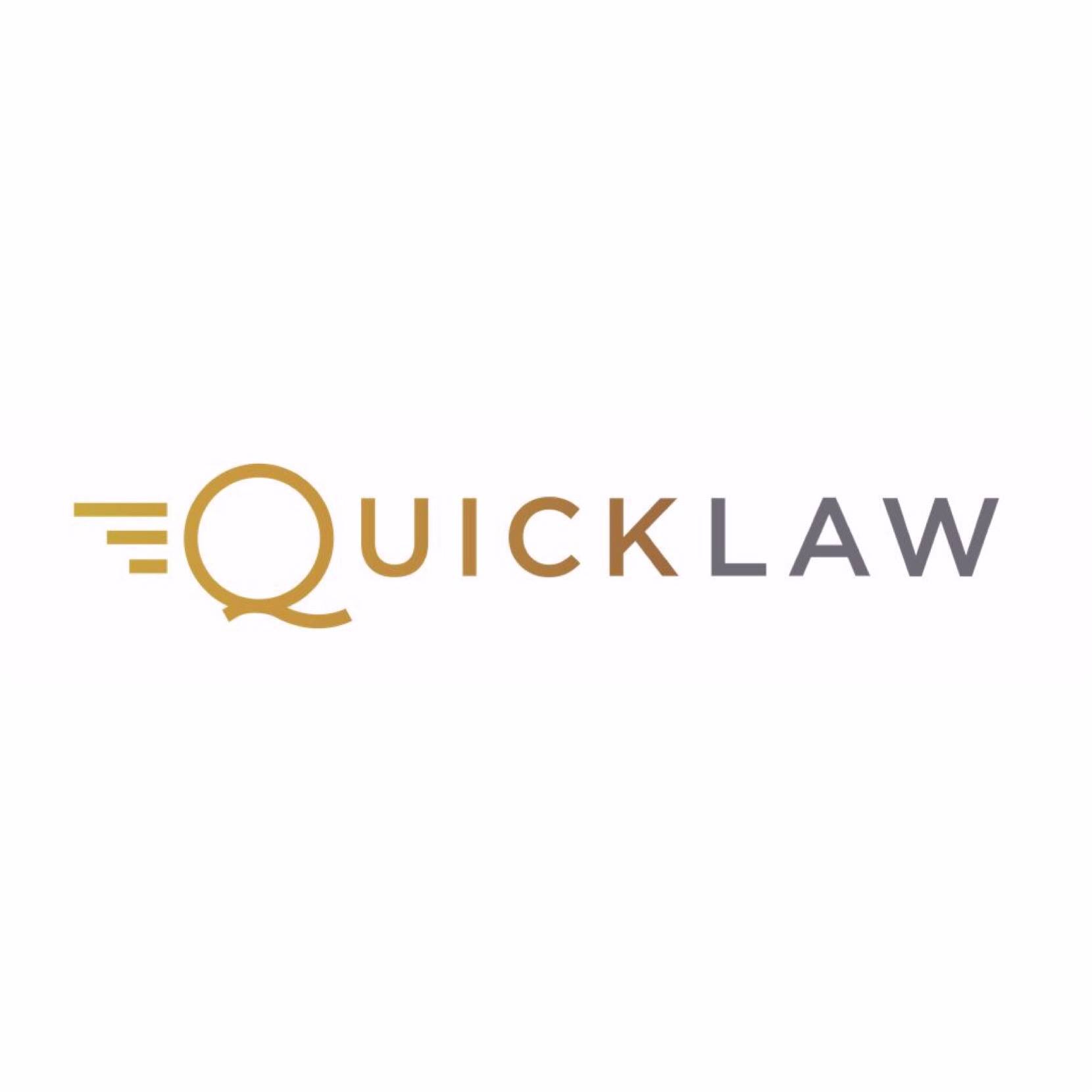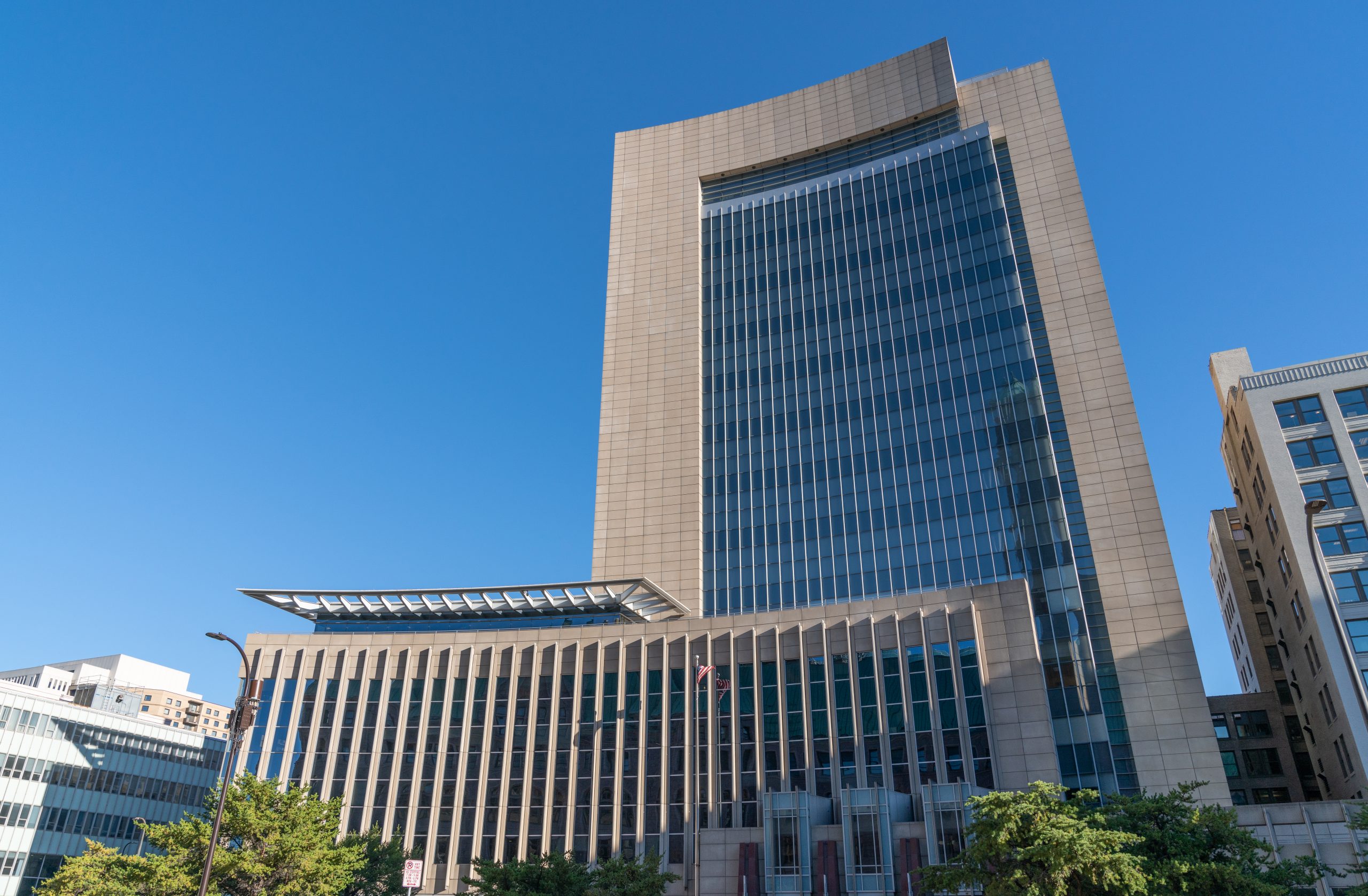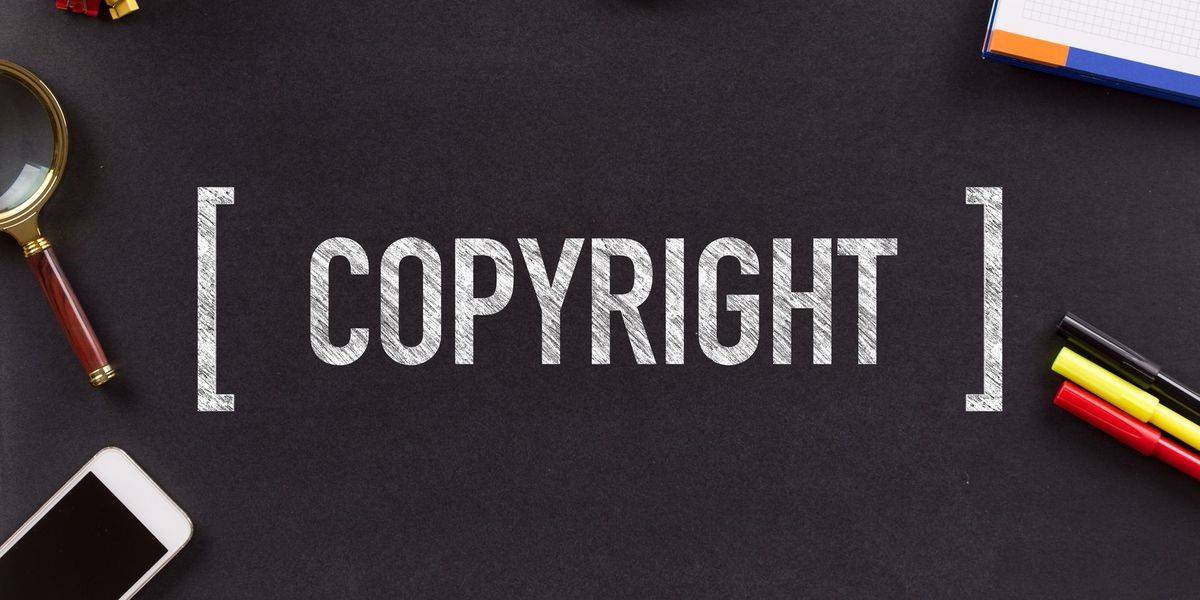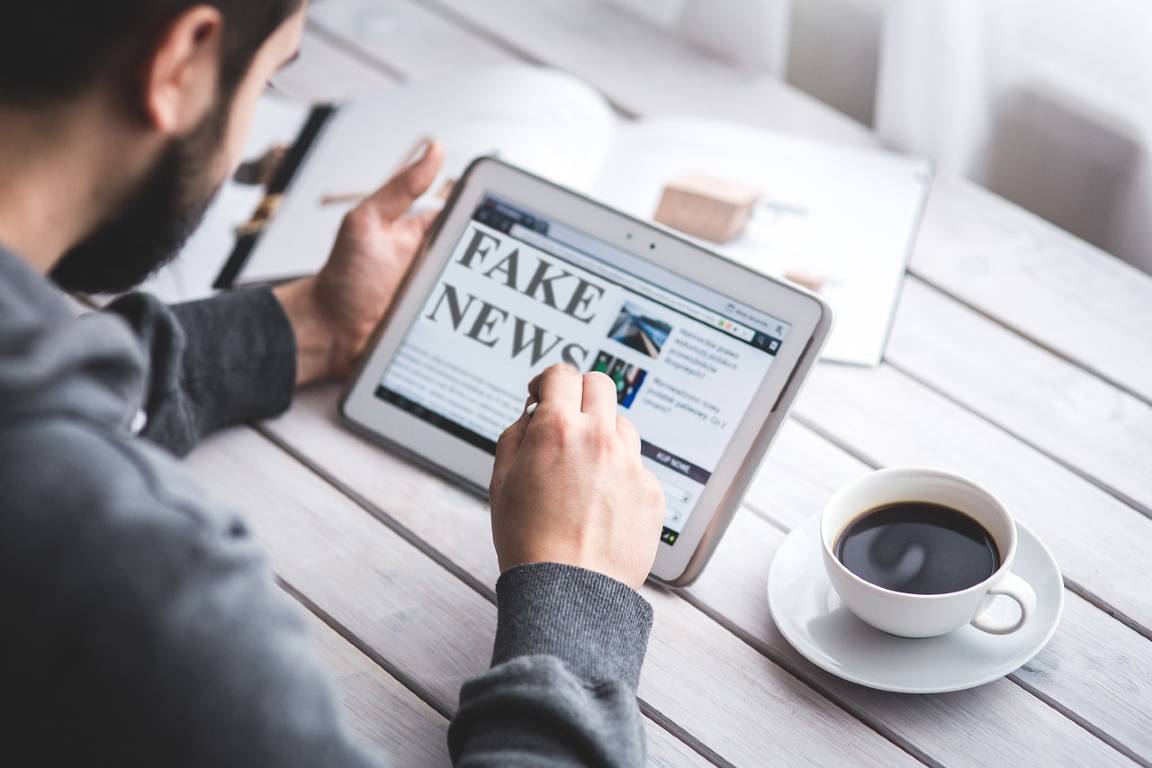A company’s direction and control are governed by a set of rules, procedures, and processes known as corporate governance. Stakeholders in corporate governance include shareholders, senior management executives, consumers, suppliers, financiers, the government, and the general public. Corporate governance policies that are adopted and implemented build a firm culture based on integrity, accountability, openness, fairness, responsibility, and performance.
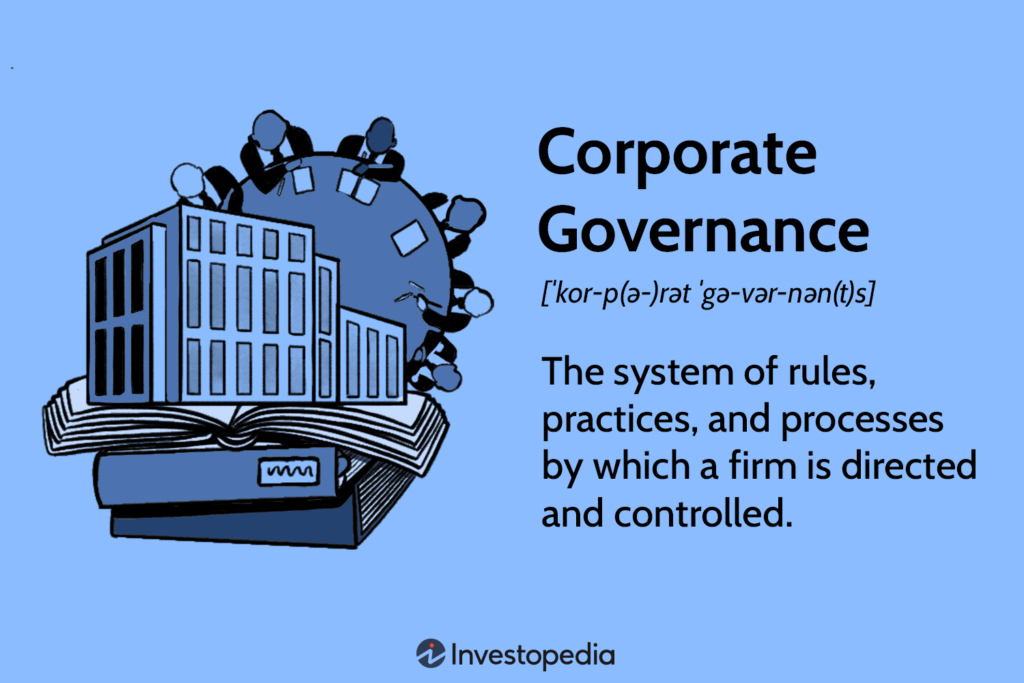
The Nigerian corporate sector has gone through various stages in its efforts to develop and redefine the corporate sector in order to instill good corporate governance in the country.
In 2003, the Securities and Exchange Commission (“SEC”) issued the Code of Best Practices on Corporate Governance in Nigeria (the 2003 SEC Code), which was the first corporate governance code produced by any regulator in Nigeria, and its application was extended to all public firms registered in Nigeria.
To remedy the inadequacies of the 2003 SEC Code and strengthen the mechanism for its enforceability, the SEC issued the Code of Corporate Governance in Nigeria in 2011 (the 2011 SEC Code). The Financial Reporting Council of Nigeria (FRCN) established a three-tiered National Code of Corporate Governance in 2016 as part of its authority under the Financial Reporting Council of Nigeria (FRCN) Act.
In 2018, the FRCN issued the Nigerian Code of Corporate Governance (NCCG) replacing all existing sectoral codes of corporate governance in the country, and is currently central code applicable to all sectors of the economy.
This corporate governance resource is a practical resource dedicated to helping founders/executives and board directors navigate the challenges of steering a growth-stage, innovative start-up, toward success and avoid early-stage risks that can jeopardize the company’s focus on innovation, top-notch service delivery, and corporate expansion. This is based on years of advising startups and businesses in different sectors from their ideation and early stages to the product launch stage.
Corporate governance for startups is in different stages, we will be discussing the 4 stages of a startup
Stage one: Ideation Stage
This phase consists of the pre-seed and seed stages. This is the very beginning of a startup when the company is nothing more than a concept.[1] This stage is all about discovering customers’ pain points and needs in order to deeply focus on what the customer really needs and will pay for to use[2]. This is the stage you ensure that you make sure that you’ve got a problem solution fit.
To minimize difficulties and enhance future potential, it is critical to specify features of corporate governance at this stage. This is because actions taken (or not taken) at this time may have long-term ramifications for the company.[3]
Governance focuses at the ideation stage:
- Active partners/parties’ roles, expectations, and contributions
At this stage, every type of contribution should be well documented, and the roles and expectations of all active parties/partners should be established so that no one gets credit for work that was not done by them. The monetary or intellectual value of the contribution should be carefully documented and in line with the company’s demands at this time, not going above or below board.
- Intellectual property ownership in the company
A major area of focus for the company during ideation stage is the registration and ensuring that any goods generated by partners belong to the company throughout the ideation stage. In order to avoid the misappropriation of trade secrets, a duty of confidentiality among partners should also be established.
- Creating procedures for joining and leaving the firm
Working with people who are willing and devoted to the success of the startup’s idea is critical. A founders agreement is required for all partners to sign in order to ensure this commitment. The existence of an agreement will also ensure that exits are carefully and efficiently facilitated without scuttling the startup’s objectives.
Stage Two- The Early Stage
The early stage also referred to as the ‘validation stage’, indicates the beginning of a phase in which the idea is left to evolve, until it becomes a product or service in the market.[4] At this stage, the startup’s product i.e., the Minimum Viable Product (MVP)[5], created during the ideation stage is being tested and experimented within the market.
Governance focus at the Early Stage
- Investors:
At this point, the startup can get its first round of funding. It is vital for founders to lay out how new partners and investors will join the startup by drafting a solid contract that is written and signed by all parties; investors frequently seek equity in the company.
Stage Three- Growth Stage
The growth stage is referred to as the Product Market Fit (PMF) or the traction stage. This is the stage where the product being tested at the previous stage has been validated.[6] At this stage, the startup’s management is focused on attracting new clients, hiring new staff, and generating revenue. This stage is also known for having the highest failure rate, thus every step should be handled with caution.
The Goverance of the Growth stage should be focused on:
- Creating a Board of Directors/Advisory Board
To assist the founders in making strategic decisions about the startup’s operations and growth, a solid advisory board comprising of various experts with experience and understanding in the fields surrounding the startup should be created.
- Defining decision-making hierarchical tiers
A company structure should be created to outline roles, duties, and the hierarchy of jobs within the organization. There should be no overlapping concerns, uncertainty, or disputes as a result of this explicit assignment of competencies across the startup’s organogram.
The Fourth Stage- Expansion Stage
At this point, the company has firmly established its position in a sector, and there is almost a routine to running the company that everyone is familiar with. Staff has been hired to take care of the areas that the founders no longer have time to monitor (nor should be managing).[7]
The following governance practices should be consolidated:
- Improvement of shareholder and investor relations – at this level, formalizing and optimizing shareholder and investor relationships and communications is top priority. Accountability, transparency, and inclusivity should all be reflected in such communication.
- Internal control and management can be improved if the board establishes committees to deal with the company’s expanding difficulties. The audit committee, risk management committee, strategy committee, governance committee, and other committees will have a check and balance framework. These committees are formed to meet the company’s special demands.[8]
[1] https://www.growthmentor.com/blog/startup-stages
[2]https://www.forbes.com/sites/abdoriani/2019/11/12/the-5-biggest-stages-of-a-startup-from-idea-to-scale/?sh=b78c1097b6f2
[3]https://www.mondaq.com/nigeria/shareholders/1087852/
[4] What are the six stages of a startup?, Cemex Ventures (2021), https://www.cemexventures.com/startup-stages-phases/ accessed 7th January, 2022
[5] The minimum viable product is a model that does not have its full functions, making the test less complex. It is released as a first version, with the results and information being collected. After its release it should be analyzed to evaluate if it meets the needs of customers; if not, improvements are made with new versions that try to satisfy the user. See Cemex Ventures, supra
[6] https://www.mondaq.com/nigeria/shareholders/1172746/
[7] https://www.entrepreneur.com/article/271290
[8] https://www.mondaq.com/nigeria/shareholders/1172746/
Photo by Adeolu Eletu on Unsplash



